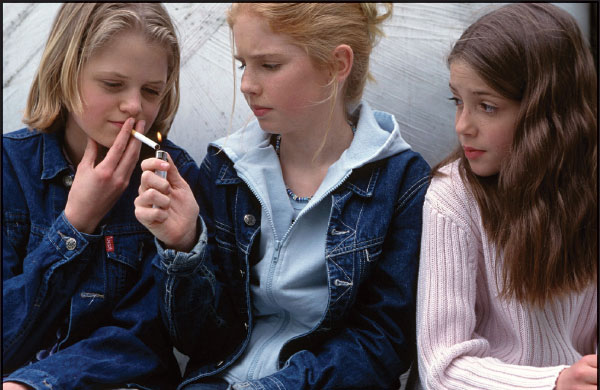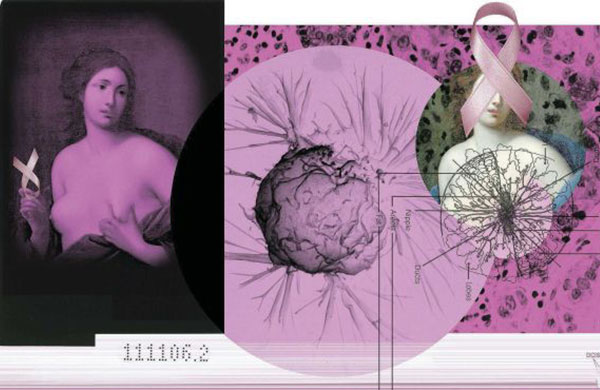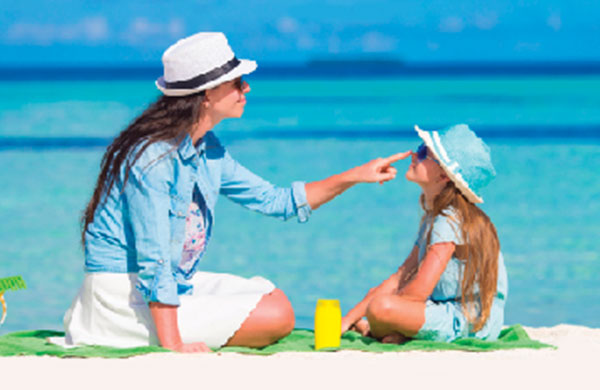 Millions of Americans are using acupuncture to improve their health, treating ailments ranging from the common cold to orthopedic issues. Acupuncture is also gaining momentum as an effective and safe way to treat childhood issues. Recenlty, a 9 year old boy (we’ll call him Shaya) came with his mother to my office. The mother stated that her son’s chief complaint was bed wetting. Shaya would wet the bed up to four nights a week. Summer camp was on its way and both he and his parents were eager to have him accident free.
Millions of Americans are using acupuncture to improve their health, treating ailments ranging from the common cold to orthopedic issues. Acupuncture is also gaining momentum as an effective and safe way to treat childhood issues. Recenlty, a 9 year old boy (we’ll call him Shaya) came with his mother to my office. The mother stated that her son’s chief complaint was bed wetting. Shaya would wet the bed up to four nights a week. Summer camp was on its way and both he and his parents were eager to have him accident free.
Acupuncture helps childhood development through all phases of infancy, toddlerhood, childhood, and puberty by helping their immature systems function at the highest possible level and strengthening them in various ways.
Shaya is the 6th of 10 children. His history included sensory integration disorder and frequent ear infections as a baby. Upon asking further, I found out that he tended to be cold and would get very tired after only a couple of minutes of play at recess. His emotional state was good but he said that he would get angry when people didn’t understand him.
Examination included feeling his pulse palpation and looking at his tongue (both are diagnostic tools in Oriental medicine). All the signs pointed to yang deficiency with damp accumulation (dampness is a pathogenic factor that causes fatigue and blocks energetic circulation).
I treated him first with subcutaneous electric stimulation, what I call the tickle machine at various points of his arms, legs and abdomen. Once he was comfortable with the tickle machine, I needled a few of these points. Then I sent him home with magnets on some of the most important points. The tickle machine gently stimulates the skin with a weak electric impulse. Needles are more effective because they can better reach the acu-point which is usually beneath the skin (usually about .25 to .50 inches deep). The magnets perpetuate the benefits of the treatment and the longer stimulation of the points helps the body balance effectively.
Shaya’s mother came a month later with her daughter, to be treated for re-occurring urinary tract infections. She said that the one treatment for Shaya made a 75% improvement in his bed wetting, and he went to sleep away camp!
The Traditional Chinese Medical Approach to Pediatrics
 Most troubles that infants face are due to digestive problems. The baby has come from the womb where no effort was needed to digest and was pushed into a new environment where mother’s milk might be too much or too little, or powdered formula overloading the tiny system. Acupuncture helps to strengthen the digestive elements that lead to smoother developmental transitions. When children have indigestion it leads to anger and stress, whereas in adults, anger and stress lead to indigestion. A weak digestive system opens the child up to a host of subsequent problems, including colic, eczema, acid reflux and sleeping problems.
Most troubles that infants face are due to digestive problems. The baby has come from the womb where no effort was needed to digest and was pushed into a new environment where mother’s milk might be too much or too little, or powdered formula overloading the tiny system. Acupuncture helps to strengthen the digestive elements that lead to smoother developmental transitions. When children have indigestion it leads to anger and stress, whereas in adults, anger and stress lead to indigestion. A weak digestive system opens the child up to a host of subsequent problems, including colic, eczema, acid reflux and sleeping problems.
From the ages of 2 to 7 children battle viruses, bacterial infections and are prone to fevers because of their overactive, ‘hot’ nature. Acupuncture is quite effective at clearing heat and alleviating pain. However with the invention of antibiotics, Western children are suffering from more and more ‘cold’ conditions. Over use of antibiotics can cause a double problem. The first, if the antibiotic does not completely expel the pathogen from the child, there will be a lingering aspect of the original disease staying in the child. As adults we can recognize when we are not back to our optimal health, but children lack the memory and frame of reference to know that they have not fully recovered. Lingering pathogens are the cause of reoccurring issues such as ear infections, strep, urinary tract infections, rashes and allergies. They can also resurface later in life as something completely different such as autoimmune disorders (similar to how the shingles are a lingering pathogenic effect of the chicken pox).
The second problem caused by overuse of antibiotics is that due to the cooling nature of these pharmaceuticals, the child’s active–warm energy (named yang) is depleted. This lowers the immune system and children’s natural resilience to disease. Yang deficiency could show as back pain, constant runny nose, bed wetting, getting ill easily, asthma or being frequently tired. Acupuncture works to restore the warming energy and strengthen immunity.
From the ages of 7 to 12, many ailments are emotional in nature. Stress caused by school, home or peers may manifest as emotional symptoms, behavioral problems such as ADHD or physical ailments. Traditional Chinese medicine treats the emotional as well as physical issues. During puberty, acne and menstrual problems can also be addressed.
Acupuncturists take into account family history, trauma, pregnancy history, habits and emotional tendencies to build a complete picture to pick out the pattern causing the problem.
What to Expect from Acupuncture On Your Child
Most children feel really good after an acupuncture treatment. Risk of side effects is low. The most common side effect is a hematoma or soreness around the insertion area. The needles do not stay in for very long. Western science is currently researching the effectiveness of acupuncture on children, which is difficult because acupuncture is not a one-size fits all treatment. There are many variables to test. The Western medical community has, however, proven that acupuncture is effective for treating pediatric pain, nausea and shortness of breath (asthma).
Children are very receptive to acupuncture and Oriental Medicine. Depending on the case, children will most likely need two to three treatments to resolve a new complaint, and may need more treatments for long term issues. In addition to addressing diet and habits, the acupuncturist may also instruct the parent to use specific massage techniques on the child at home. Treatments may start out needle- free , but with the child’s permission, later on include needles which are more effective as the child grows older.
If you think acupuncture might help your child, contact Esther Hornstein. She is a licensed acupuncturist in the State of New York (and a mother of two). She has participated in hospital acupuncture projects in NYU Hospital for Joint Diseases and Lutheran Medical Center. She currently has a private practice in Brooklyn. She can be reached at (917) 414-3831. For more information about acupuncture visit www.2ndNatureAcu.com.



